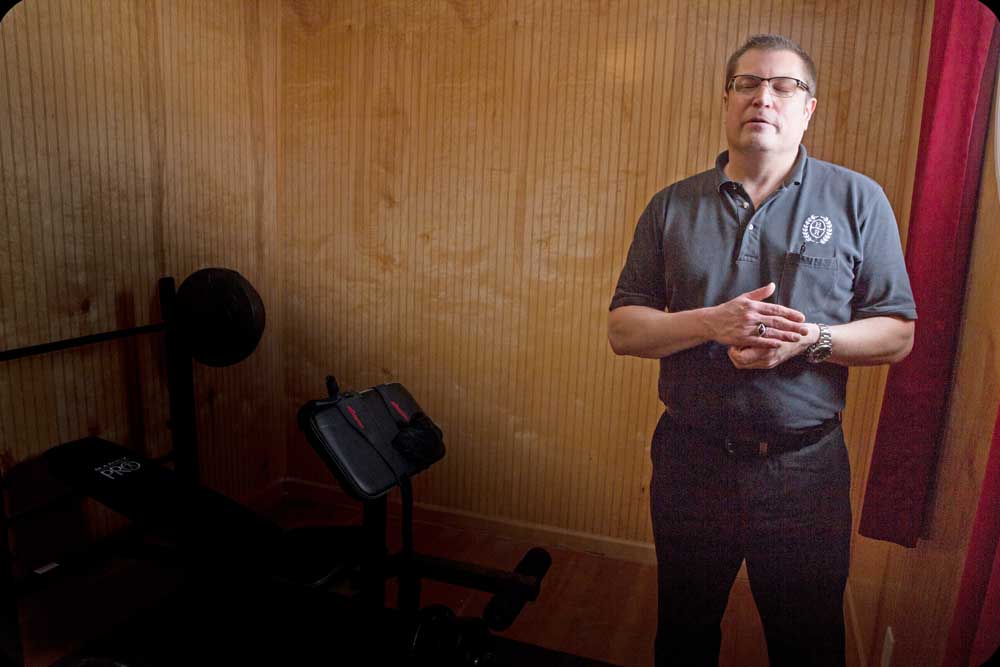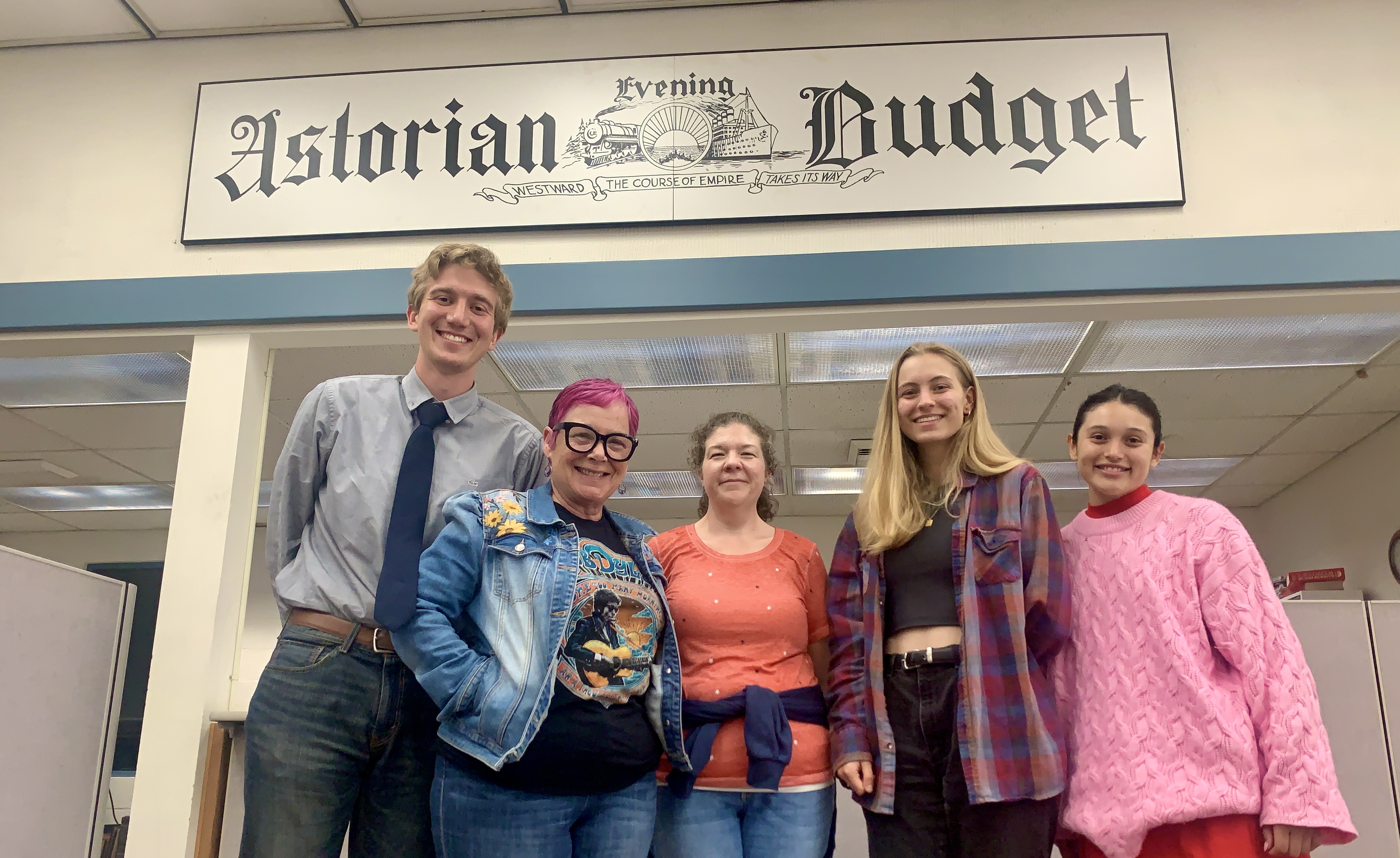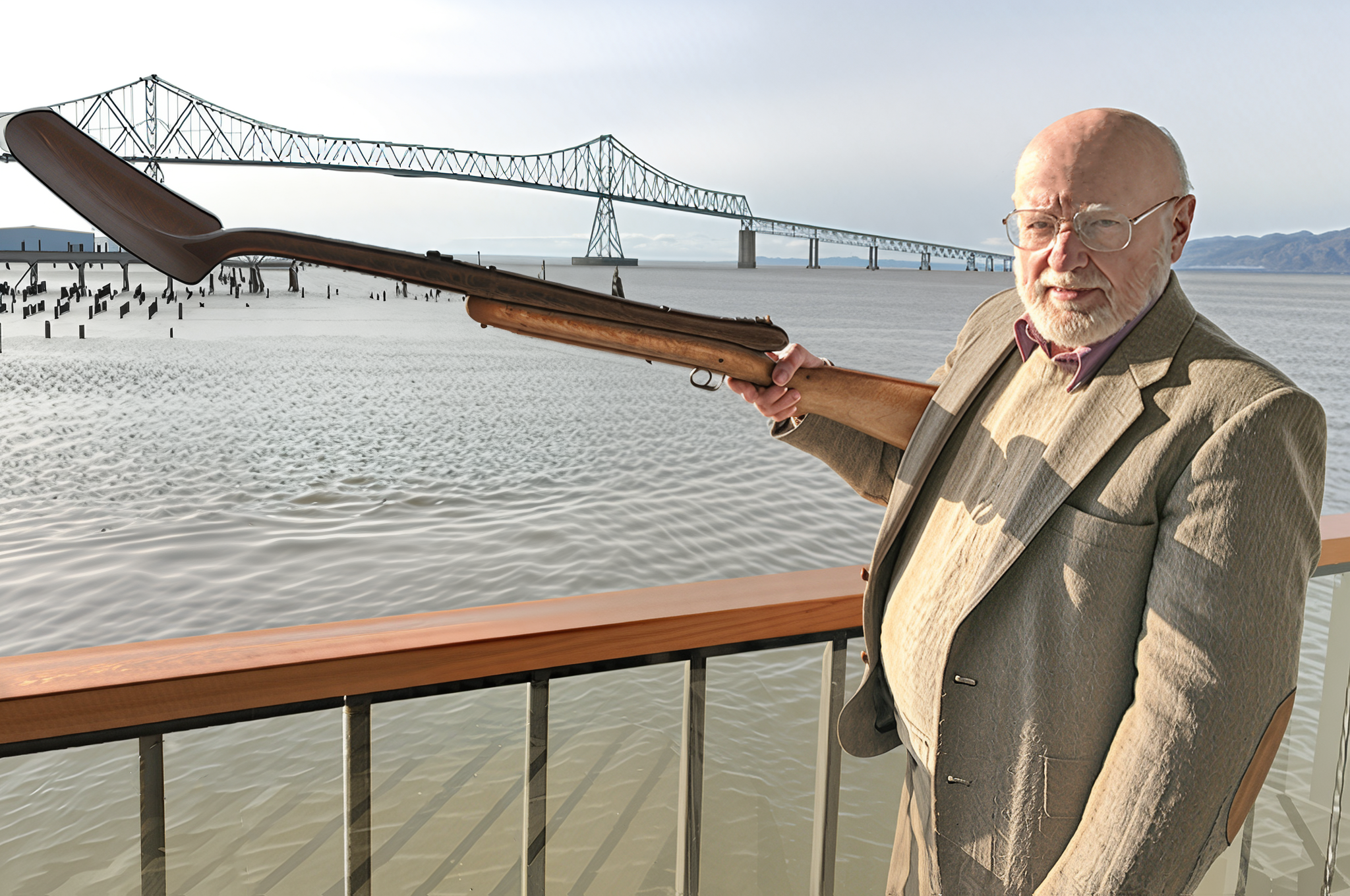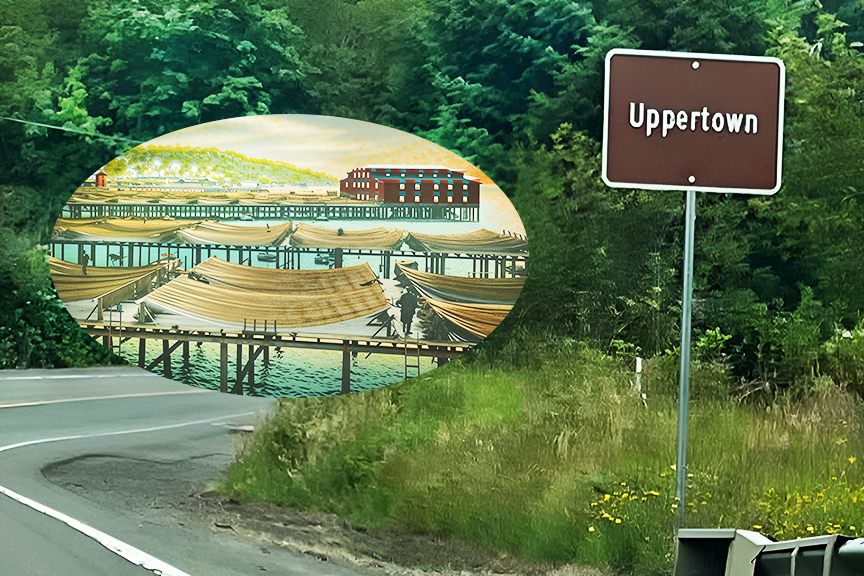Answering the call Funeral director lives to serve others after death
Published 11:58 am Friday, July 27, 2018

- Alcantara feels that funeral directors play an important role in helping people cope with the loss of a loved one. “It's important that they see that person one more time,” he said.
ASTORIA — It’s not a typical career, but it’s all he ever wanted to do. Ever since John Alcantara was a high-school graduate in Los Angeles in 1987, he knew he wanted a career in mortuary science.
“I just always had a desire to work in a funeral home,” said Alcantara reflecting on his roots in the funeral industry.
For the past 18 months, Alcantara has served as the funeral director for Hughes-Ransom, a full-service funeral home in Astoria, a role he considers a calling.
“It’s a drive to help other people. I don’t look at it as a job. It’s a vocation and a calling.”
Over the years, Alcantara has worked in funeral homes along the coast and in Portland, but has witnessed a consistent trend emerging. Alcantara estimated that approximately 80 percent choose cremation instead of embalming and casket burial.
“A lot of it has to do with economics, it’s less expensive,” he explained.
In the archives of the funeral home at 576 12th Street, Astoria, records of the departed date as early as 1913, the year the business was founded.
“A cemetery lot went for five dollars,” Alcantara read aloud, while holding one hand-written receipt from more than 100 years ago.
“The whole total was $69.60. Today, it’s in the thousands — It’s just inflation.” A $69.60 bill for anything in 1913 would be equivalent to $1,778.91 in 2018, a cumulative inflation of 2,441 percent, according to the US Bureau of Labor Statistics.
As cremations increased, funeral homes often had to consider adding a special room.
“People have the cremation done but then they never come and pick their loved one up,” Alcantara said. He estimated that there were approximately 30 unclaimed in a small room on the second floor of the funeral home.
“This is a reality at every funeral home you go to,” he said. Over the past year and a half, five were claimed, but some have sat longer than 20 years.
“One of my projects is to go through all the records and find the name of the person and send letters out,” Alcantara said. “Legally, at this point, we could scatter them all at sea, but I want to give people the benefit of the doubt to come pick them up.”
Financial barriers may be the biggest reason some remains are never claimed, but eroding support from churches and fewer people attending them are also a factor, according to Alcantara.
“There isn’t the church support like there used to be,” he said. “In the ‘80s and ‘90s, when somebody didn’t have the funds, often the church would come together and take a collection. The priest or pastor would come in and dump a sack of money on my desk. We don’t get that anymore because people aren’t affiliated.”
Alcantara lives on the third floor of the funeral home and has experienced unexplained things over the past 18 months. He said he heard the motion-activated doorbell sound when nobody else was around and witnessed the lights dim in response to requests.
“There’s been a couple things that I can’t explain,” he said. Alcantara said the occurrences were more amusing than scary. He often makes jokes when he feels another presence. Shortly after arriving on the job, Alcantara discovered the death record for the original owner, E.B. Hughes, who died in the 1940s. A portrait of Hughes overlooks the waiting room of the funeral home and Alcantara believes a bigger presence still lingers.
“I’ll ask what music they would like me to put on,” Alcantara said. “I’ll put something on and the lights will dim, then I’ll put something else on and they’ll just light up and I know we’ve found something. It’s just really bizarre.”









